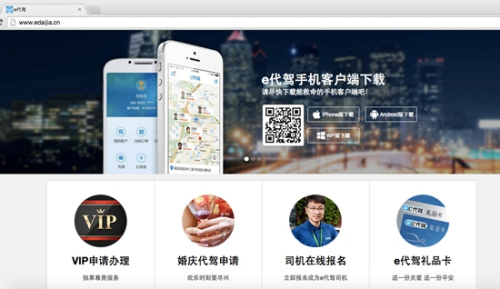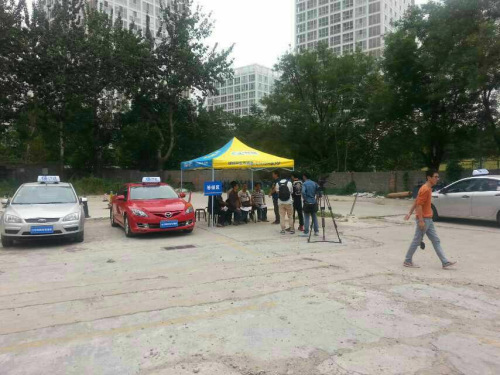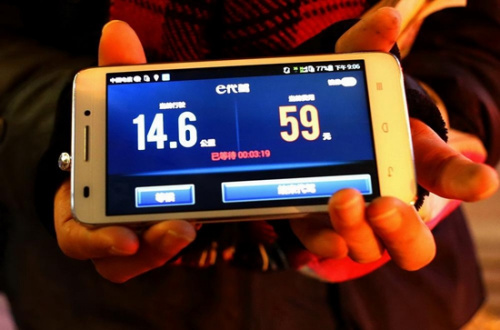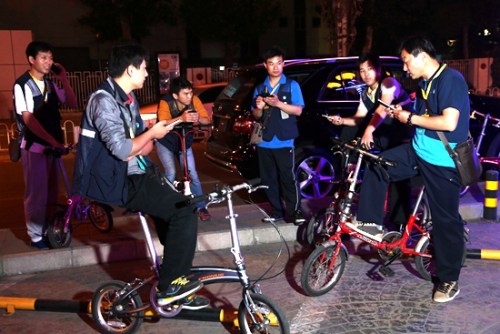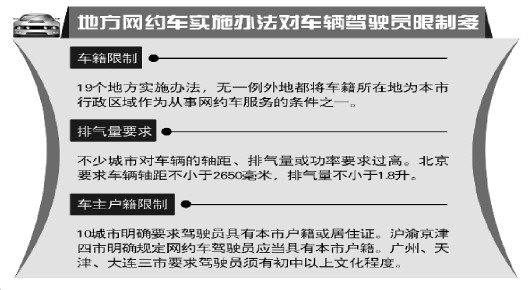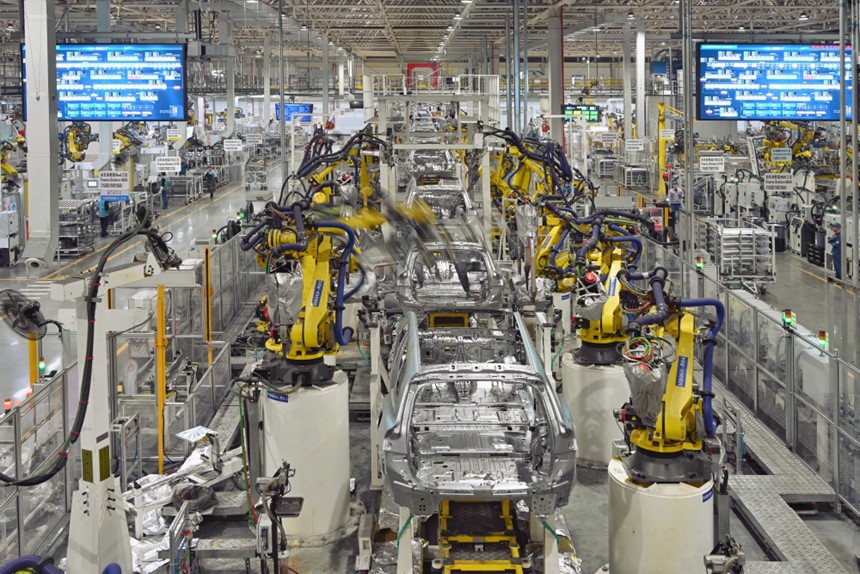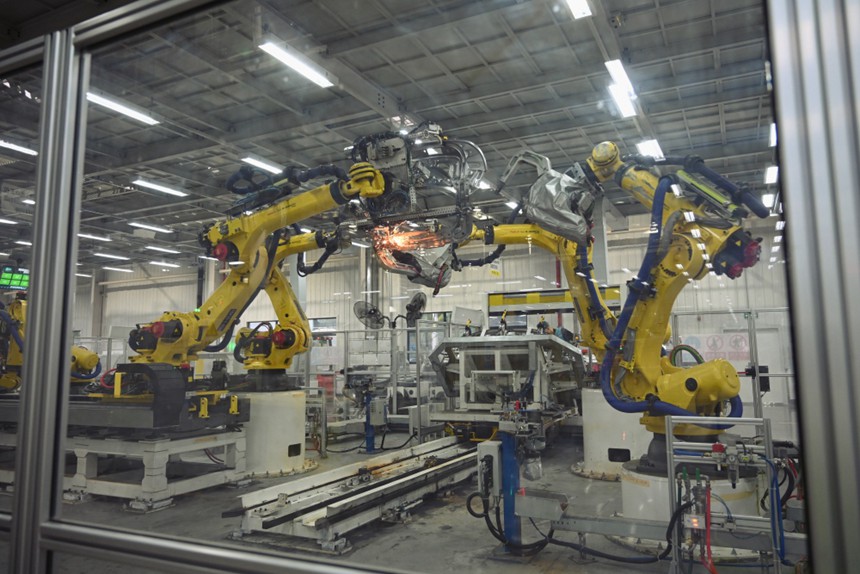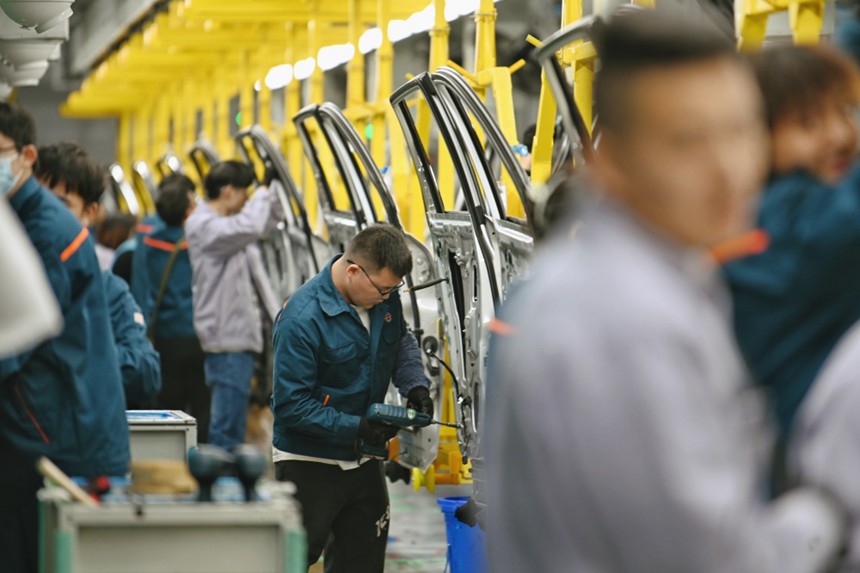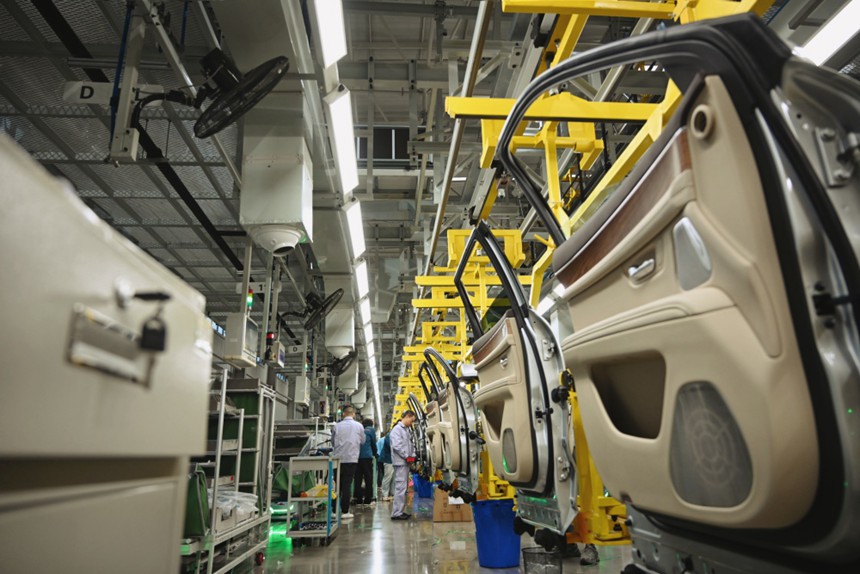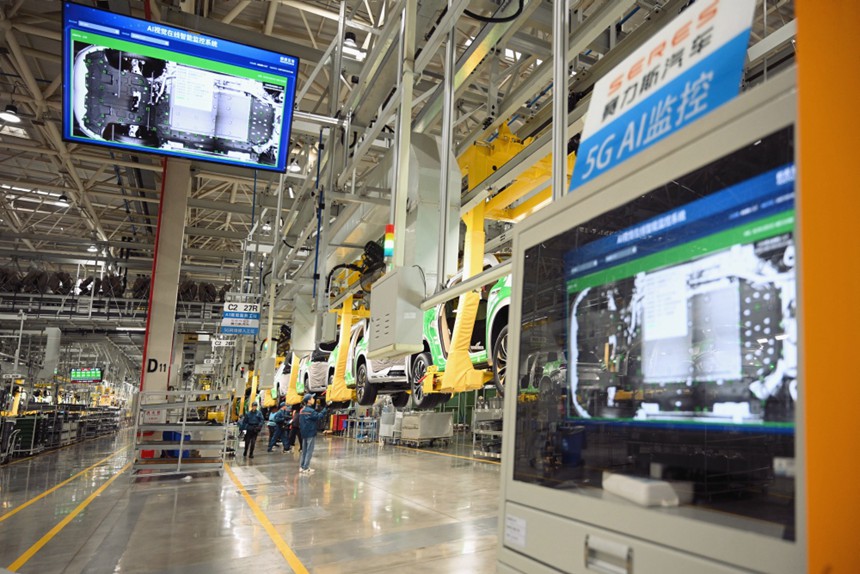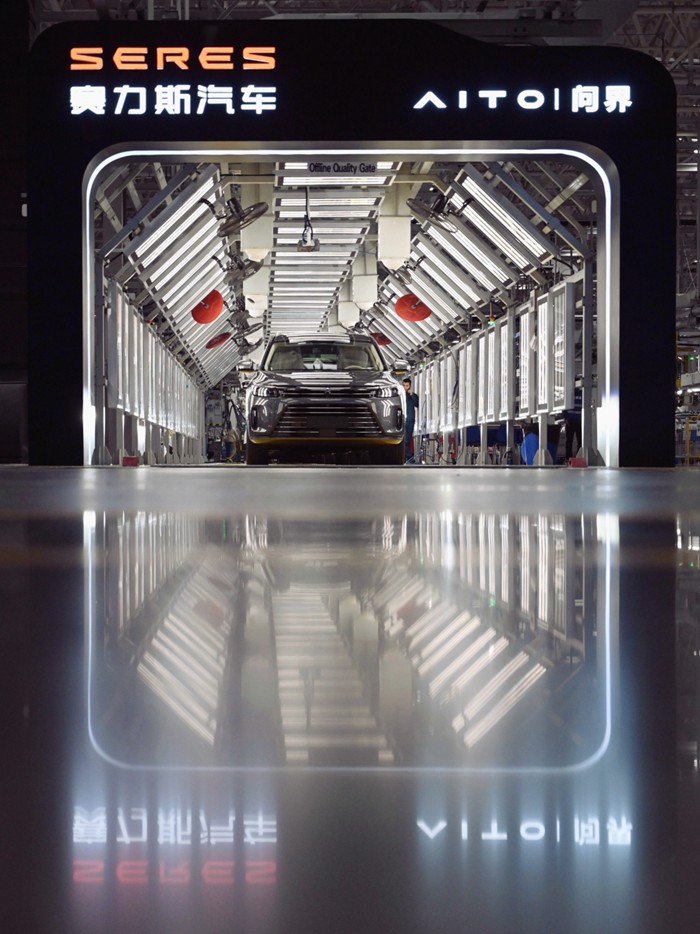The new policy of online car-hailing adopts market pricing to open up the trillion-dollar travel market space
A few days ago, the "Guiding Opinions on Deepening Reform and Promoting the Healthy Development of the Taxi Industry" (referred to as the "Guiding Opinions") and the "Interim Measures for the Management of Online Booking Taxi Business Services" (referred to as the "Interim Measures") were officially issued. The "Interim Measures" became the first national-level online car-hailing regulations promulgated worldwide. The "Guiding Opinions" reform the system of cruise taxi operation rights and benefit distribution. Industry insiders said that after the online taxi is granted legal status, it will form a differentiated competition with cruise taxis, and the development will enter the fast lane. A huge travel market will gradually open up.
Bottom line, keep it safe and fair
On July 27, 2016, the Ministry of Transport, the Ministry of Industry and Information Technology, the Ministry of Public Security, the Ministry of Commerce, the State Administration for Industry and Commerce, the General Administration of Quality Supervision, Inspection and Quarantine, and the Cyberspace Administration of China jointly promulgated the Interim Measures for the Administration of Online Booking Taxi Business Services.
"The deep-seated contradictions that the taxi industry has accumulated for a long time have not been fundamentally resolved. The rapid development of new business formats such as online car-hailing has enriched the travel experience of the people, but also brought some new situations and new problems. The old and new contradictions are superimposed, and the situation is complex. Instability incidents in the industry occur from time to time, which seriously affects the healthy and sustainable development of the taxi industry and makes it difficult to meet the personalized travel needs of the people." Liu Xiaoming, vice-minister of transportation, said at a news conference held by the State Information Office.
At present, China has become the world’s largest online car-hailing market, but many problems have been exposed during the development process. For example, the main body of responsibility is not clear, the safety of passengers and the rights and interests of drivers cannot be guaranteed, and the risk of personal information security leakage is relatively high.
The price war and subsidy war between online ride-hailing platforms have not only disrupted the cruise taxi market, but also hindered the construction of a fair and orderly market environment. "We have not banned online ride-hailing, but have introduced the world’s first online ride-hailing regulations at the national level. By tailoring the regulatory model, we have given it legal status and supported its standardized development. This is also the first time we have defined private passenger car sharing at the national level. This clearly encourages and supports the way of travel that truly reflects the sharing economy, and provides a policy foundation for the development of ride-sharing services across the country," Liu Xiaoming said.
"In the process of formulating the development of the new business model, everyone noticed that we clearly put people first, encourage innovation, seek advantages and avoid disadvantages, and control the bottom line. What bottom line to control? It is the safety of passengers and fair competition in the market," Liu Xiaoming said.
The "Interim Measures" make requirements for operating platforms, drivers, and vehicles. Online ride-hailing platform companies shall obtain the corresponding "Online Reservation Taxi Business License", online ride-hailing vehicles shall obtain the "Online Reservation Taxi Transportation License", and drivers shall obtain the "Online Reservation Taxi Driver License".
Compared with the exposure draft released in October last year, the "Interim Measures" have made many revisions and optimizations. For example, on the nature of the registration of online car-hailing vehicles. It is clear that the registration of online car-hailing vehicles as reserved taxi passengers reflects not only the nature of taxis, but also the characteristics of new business models.
The Interim Measures stipulate that when the mileage of the online car reaches 600,000 kilometers, it will be forcibly scrapped; when the mileage does not reach 600,000 kilometers but the service life reaches 8 years, it will withdraw from the online car business. Previously, it was required to be scrapped for 8 years.
The Interim Measures clarify that online car-hailing platform companies and drivers should sign various forms of employment contracts or agreements with drivers according to the characteristics of working hours and service frequency, and clarify the rights and obligations of both parties. Previously, it was clear to sign an employment contract.
New Deal, Execution Period Restrictions on Cruise Vehicle Operation Rights and Free Use
On July 26, 2016, the General Office of the State Council issued the "Guiding Opinions on Deepening Reform and Promoting the Healthy Development of the Taxi Industry". The "Guiding Opinions" pointed out that it is necessary to clarify the positioning of taxis in the urban comprehensive transportation system, adhere to the priority development of public transportation, the appropriate development of taxis, and the overall development of cruise cars and online car-hailing to promote the gradual integration of the two business forms.
The Guiding Opinions add restrictions on the operating period and free use of the operating right, and the operating entity may not be changed. If the existing operating right does not specify the specific operating period or has been used for compensation, the urban people’s government shall formulate a scientific transition plan, reasonably determine the operating period, gradually cancel the paid use fee, and go through the modification procedures in accordance with the conditions and procedures stipulated by laws and regulations, and shall not speculate or transfer without authorization.
Encourage the integration and development of new and old business models through mergers and acquisitions. Build a business model in which enterprises and drivers share operational risks and interests are reasonably distributed. "To improve the benefit distribution system, we must use Internet technology to better build a business model in which enterprises and drivers share operational risks and interests are reasonably distributed, that is, there is no contract fee or quota system, but according to the operation situation, drivers and enterprises reasonably bear risks, share risks, and reasonably distribute benefits. If the contract method is still used, encourage the use of industry associations and trade unions to jointly negotiate to determine reasonable contract fees, and implement dynamic adjustments to protect the legitimate rights and interests of drivers," Liu Xiaoming said.
Liu Xiaoming said that the "Guiding Opinions" straighten out the price formation mechanism, because the traditional taxi freight is the implementation of government pricing or government guidance price, scientifically formulate and timely adjust the level and structure of taxi freight, establish a dynamic adjustment mechanism for taxi freight, and give full play to the leverage of freight to adjust the supply and demand relationship in the taxi transportation market.
In addition, the "Guiding Opinions" also encourage private passenger car sharing. The plan makes it clear that in order to promote the development of the sharing economy, facilitate the travel of the people, alleviate urban traffic congestion and reduce air pollution, the urban people’s government should encourage private passenger car sharing and formulate corresponding regulations, clarify the rights and obligations of the three parties, including the ride-sharing information service platform, the ride-sharing service provider and the ride-sharing person, and standardize its development.
Prospects, the trillion-dollar travel market opens
Although the "Interim Measures" put many restrictions on online car-hailing, the introduction of the document has received a positive response from online car-hailing platform companies. Didi Chuxing responded that the company will follow the requirements of the "Interim Measures" to standardize operations, actively apply for relevant business licenses of online car-hailing platform companies, and will also actively explore with relevant government departments and related enterprises in the travel industry to increase technological innovation, improve the utilization of transportation resources and urban traffic efficiency, improve travel experience, create more flexible employment opportunities for the society, and better provide safe, convenient and comfortable travel services for hundreds of millions of people.
Uber responded that the introduction of the "Interim Measures" reflects the government’s recognition and support for the new business of online car-hailing, making our country the first country in the world’s major economies to promulgate such national regulations. Uber meets the relevant requirements of corporate legal persons, ICP licenses, database and server settings in the Chinese mainland, cyber security management and security protection technical measures required for the application of the "Booking Taxi Business License" in the Interim Measures. Uber will fully cooperate with cities to formulate corresponding implementation rules, and is confident that it will obtain the operation license issued by the local government as soon as possible.
Shenzhou Special Car also expressed its welcome to the release of the document, and will continue to adhere to the B2C model of "professional vehicles and professional drivers" in strict accordance with the requirements of the online car-hailing regulatory policy, and continue to provide customers with safer and better travel services as always.
According to a report released by Roland Berger, a well-known consulting firm, the size of China’s online car-hailing market will reach 500 billion yuan by 2020, and its addressable market demand will reach 1.10 trillion yuan. The huge market potential attracts all kinds of capital to compete in the field of online car-hailing.
Since the beginning of this year, online car-hailing platform companies have set off a round of financing climax. At present, Didi Chuxing and Yidao are planning to go public, and Shenzhou special cars have been listed on the New Third Board, and they have been actively traded and increased significantly since their listing.
Experts say that the net-hailing car has gained legal status, and the trillion-level travel market has been fully opened. In the future, when the four net-hailing platform companies share the super cake, the already heated market competition may further escalate.
Reporter, Zhang Bin

